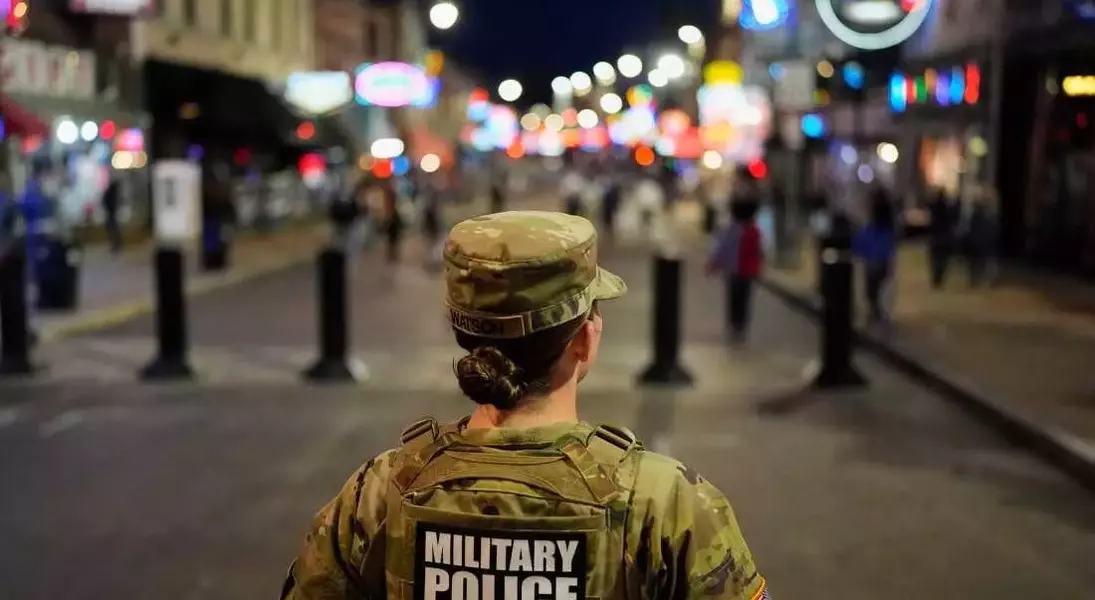
Courts Challenge Presidential Authority on Domestic Troop Deployments
Judicial Resistance to Military Deployments in U.S. Cities
The President's repeated attempts to deploy National Guard units to American cities have consistently encountered legal obstacles. These efforts, aimed at addressing public safety, managing protests, or securing federal installations and personnel, have been met with significant pushback from state and local Democratic leaders. Courts have frequently intervened, ruling these military interventions as either unwarranted or unlawful, often citing concerns over civilian control of military forces.
The Principle of Civilian Liberties and Military Restraint
A U.S. District Court Judge, in a significant ruling that halted a deployment to Portland, emphasized the critical role of maintaining fundamental liberties as enshrined in the Constitution. This judicial stance reflects a broader apprehension within the judiciary regarding the military's involvement in domestic affairs, asserting that such interventions must not overstep established legal boundaries.
Tennessee's Legal Battle Over National Guard Deployment
In a recent development, a Tennessee judge issued a temporary injunction against the state's use of the National Guard in Memphis. This deployment, initiated by the state governor at the President's request, was challenged by a coalition of Democratic lawmakers. They argued that the conditions for deploying the Guard under the state's constitution – specifically, a “rebellion or invasion” – were not met. The court's decision reinforced the principle that gubernatorial authority to deploy troops is not absolute.
Withdrawal of Troops Amidst Legal Setbacks
Following a series of federal court interventions, the Department of Defense issued orders for the return of hundreds of National Guard troops from Chicago and Portland to their home states. While some observers viewed these withdrawals as minor administrative adjustments, military and legal experts often interpret them as demonstrations of the system of checks and balances in action, with the judiciary asserting its role in limiting executive overreach concerning domestic military use.
The Ongoing Debate: Executive Power vs. Judicial Oversight
Experts highlight that these court decisions, while sometimes perceived as limited in scope, collectively affirm that domestic military deployments cannot be conducted without adherence to legal frameworks. The question of whether the Supreme Court will ultimately weigh in on the broader implications of these cases remains, particularly as the administration continues to explore options for deploying troops, including the potential invocation of the Insurrection Act. Ultimately, public opinion is also considered a powerful deterrent against unchecked executive power.
